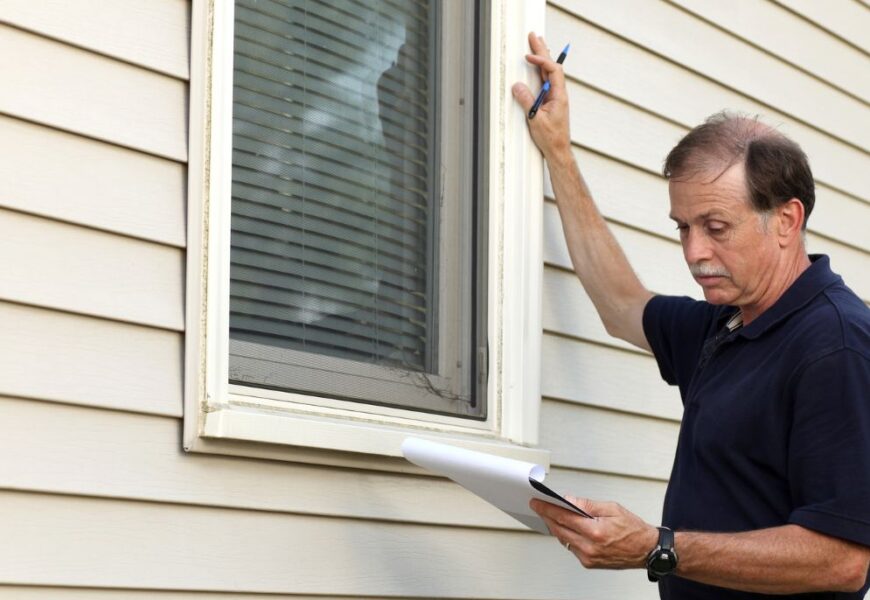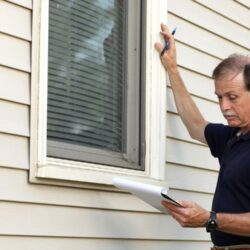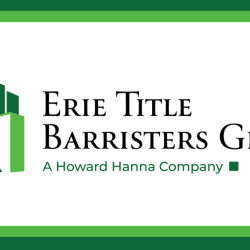A home inspection is an impartial evaluation by a professional to assess critical components of a property. This inspection covers potential water damage, pest infestations, roof conditions, electrical systems, plumbing and structural issues. The inspection aims to identify any safety concerns in the home. It usually takes a few hours to complete and is often seen as a “pass/fail” evaluation. The buyer usually hires the inspector to check for hazards before finalizing the purchase, although sellers are not required to make repairs. However, if the buyer is dissatisfied, they can back out of the deal.
Types of Home Inspections
1. Seller’s Inspection (Pre-listing Inspection):
- Conducted before the home is listed for sale.
- This allows the seller to identify and address any issues early, which can streamline the sale process.
2. Buyer’s Inspection:
- Takes place after an offer has been accepted but before the sale is finalized.
- If the inspection reveals problems, the buyer may request repairs, renegotiate the offer or leave the deal.
Though not required by mortgage lenders, a home inspection is highly recommended to uncover potential issues.
What to Expect During a Home Inspection
The inspection usually takes a few hours, and the report is provided within a few days. The inspector will thoroughly examine the interior and exterior, noting any defects, hazards or areas needing repair.
Who Attends the Home Inspection?
Generally, the buyer and their agent will attend the inspection. The seller’s agent may also be present, though the seller shouldn’t attend, as it can be difficult to hear about the home’s shortcomings.
What Home Inspectors Look For:
- Water damage
- Structural problems
- Roof condition
- Electrical and plumbing issues
- HVAC system functionality
- Pest infestations
- Garage door operation
- Fireplace and stairway safety
Inspectors do not focus on cosmetic details unless they suggest deeper issues, such as mold behind peeling wallpaper.
Preparing for a Home Inspection
Sellers can take several steps to ensure a smooth inspection process:
- Provide receipts for maintenance and repairs.
- Clear clutter from the basement, attic, garage and crawl spaces.
- Ensure access to the electrical panel, furnace and water heater.
- Secure pets during the inspection.
- Replace burnt-out light bulbs and clear any clogged drains.
- Replace HVAC filters and fix minor issues like cracked windows or missing shingles.
Should You Get a Pre-listing Inspection?
While not always necessary, a pre-listing inspection can speed up the sale and reduce the chances of renegotiations later. It helps sellers address issues beforehand, but note that any problems found must be disclosed to buyers.
How Inspections Affect the Sale
After the inspection, negotiations may take place over repairs or credits for the buyer. If issues arise that the buyer is unwilling to accept and an agreement can’t be reached, the deal may fall through, which could delay the sale and make it harder to sell the home to future buyers.
In summary, a home inspection provides valuable insight for buyers and sellers, helping identify potential issues and smooth the sale process.










